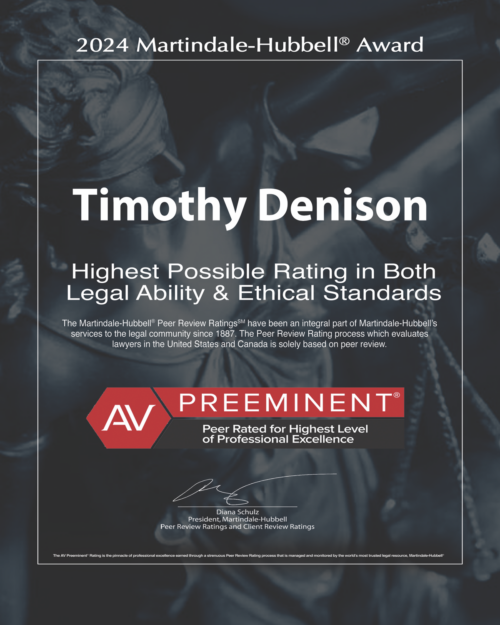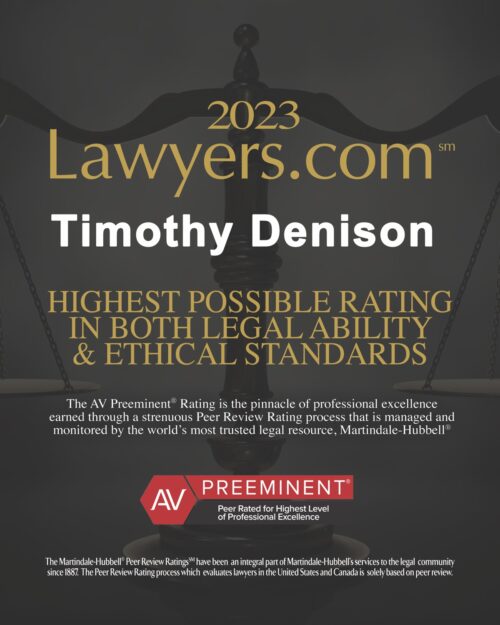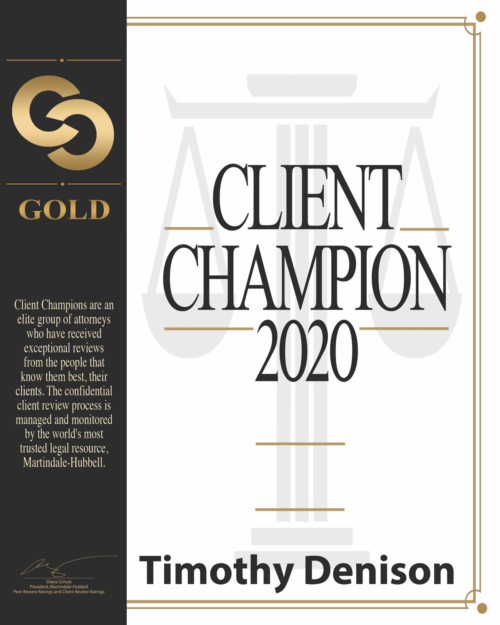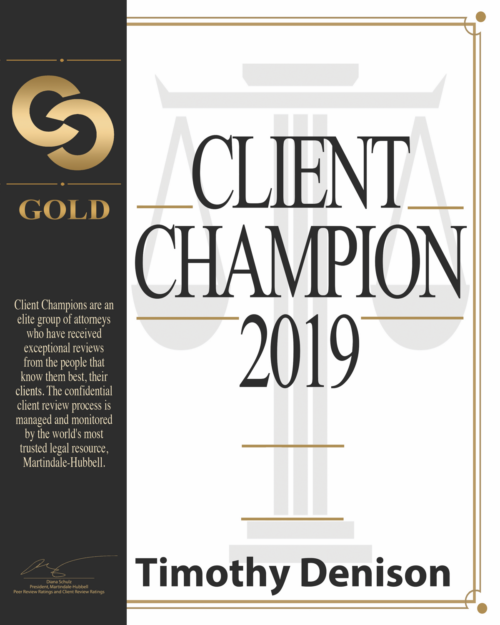Filing Bankruptcy in Louisville
Filing bankruptcy in Louisville and the surrounding counties continues to be a life jacket. For families drowning in debt, it may be the best option. Seems like everyone has money troubles at some point these days, from the largest corporation down to the penny pincher living had to mouth, day-by-day or paycheck-to-paycheck. There are too many attractors and too little funds to go around. There are insurance deficiencies, no insurance coverage cases, and there are medical bills that overnight can decimate the assets of even with the most skilled and successful financial plans.
The debt can become overwhelming to even the most hardy person or business, and research continues to indicate to us that debt and financial problems are among the top five stressors in a person’s life. Many times the debt can be restructured or refinanced or consolidated to make payment palatable. Unfortunately, many times that is not the case.
Bankruptcy provides a viable safety valve and a “new start” to debtors facing a mount of debt. There are several types of bankruptcy and we will identify each chapter under which relief is available to a debtor.
Chapter 7 Bankruptcy
First, and by far the most common, is Chapter Seven (7) bankruptcy. These are generally mentioned in the ads you see on television or hear on the radio. Chapter Seven (7) bankruptcy involves liquidation of the debtor’s estate, or assets. After certain federal or state property exemptions have been applied to property that may not be taken from the debtor. Many times, after application of these exemptions, there is no money left to be distributed to any creditor. This is what is known as a “no asset” case, which is a declaration made by the bankruptcy trustee after careful evaluation of the debtor’s assets, debts, exemptions, and examination of the debtor. If after all the exemptions are applied, there remains non-exempt property that can be liquidated to pay a portion of the debt to the creditors owed, these cases are called “asset cases” and is yet again a declaration made by the bankruptcy trustee after careful consideration of the foregoing factors.
Chapter 13 Bankruptcy
Second, and next most common, is Chapter Thirteen (13) bankruptcy. This Chapter deals with personal debt reorganization and individual repayment of all or a portion of the debt owed to creditors. This Chapter is used when the debtor simply has more assets than he can protect through use of his exemptions and must either turn the unprotected assets over to the trustee to be sold to generate funds for the creditors or, as is most often the case, agrees to repay to the creditors pro rata at the very least the amount they would have received if the non-exempt assets of the estate had been liquidated. How much money the debtor can be required to pay is determined through the “liquidation test”, or a mathematical calculation of how much money the creditors would have gotten if the non-exempt estate property had been liquidated. Chapter Thirteen bankruptcy repayment plan percentages must be approved or “confirmed by the Court” and can range anywhere from repayment of five (5%) percent of the total debt owed to One Hundred (100%) percent repayment of the debt. Generally, the repayment will occur over a five (5) year period. The bankruptcy plan payment period can always be shortened or lengthened, but in no event can the repayment plan exceed five (5) years.
Chapter 11 Bankruptcy
Third, Chapter Eleven (11) bankruptcy is a business reorganization and repayment plan and very simply put, is very similar to the Chapter Thirteen (13) individual repayment plan. All of the items discussed above in the Chapter Thirteen (13) individual repayment plan are in play in the Chapter Eleven (11) business reorganization plan.
Chapter 12 Bankruptcy
Finally, and most rare, are Chapter Twelve (12) bankruptcies. Chapter Twelve (12) involves specific farming and agricultural operations and reorganizations that are excluded under the Chapter Eleven (11) business reorganization section. It is highly unlikely that the average citizen will ever encounter or be involved one of these cases although they do, from time to time, require farmers and certain agricultural operations to file a Chapter Twelve (12) bankruptcy.
If you or anyone close to you is suffering from overwhelming or recurring debt pressure, a Louisville bankruptcy attorney can help you get this monkey off you back and stop creditors from harassing you. Upon the filing of a bankruptcy under any chapter of the United States Bankruptcy Code, an automatic stay is immediately created, which prohibits or “stays” any action by any creditor for any reason against you, until or unless said creditor first obtains relief from the stay, which means they subsequently receive permission from the Court to proceed with their action only against the debtor.
The automatic stay provides breathing room for most debtors to get a plan together without losing their asses to executions, garnishments and levies.
If you’re drowning in debt and need a life jacket, contact an experienced bankruptcy lawyer in Louisville. You deserve a shot at a new start.















